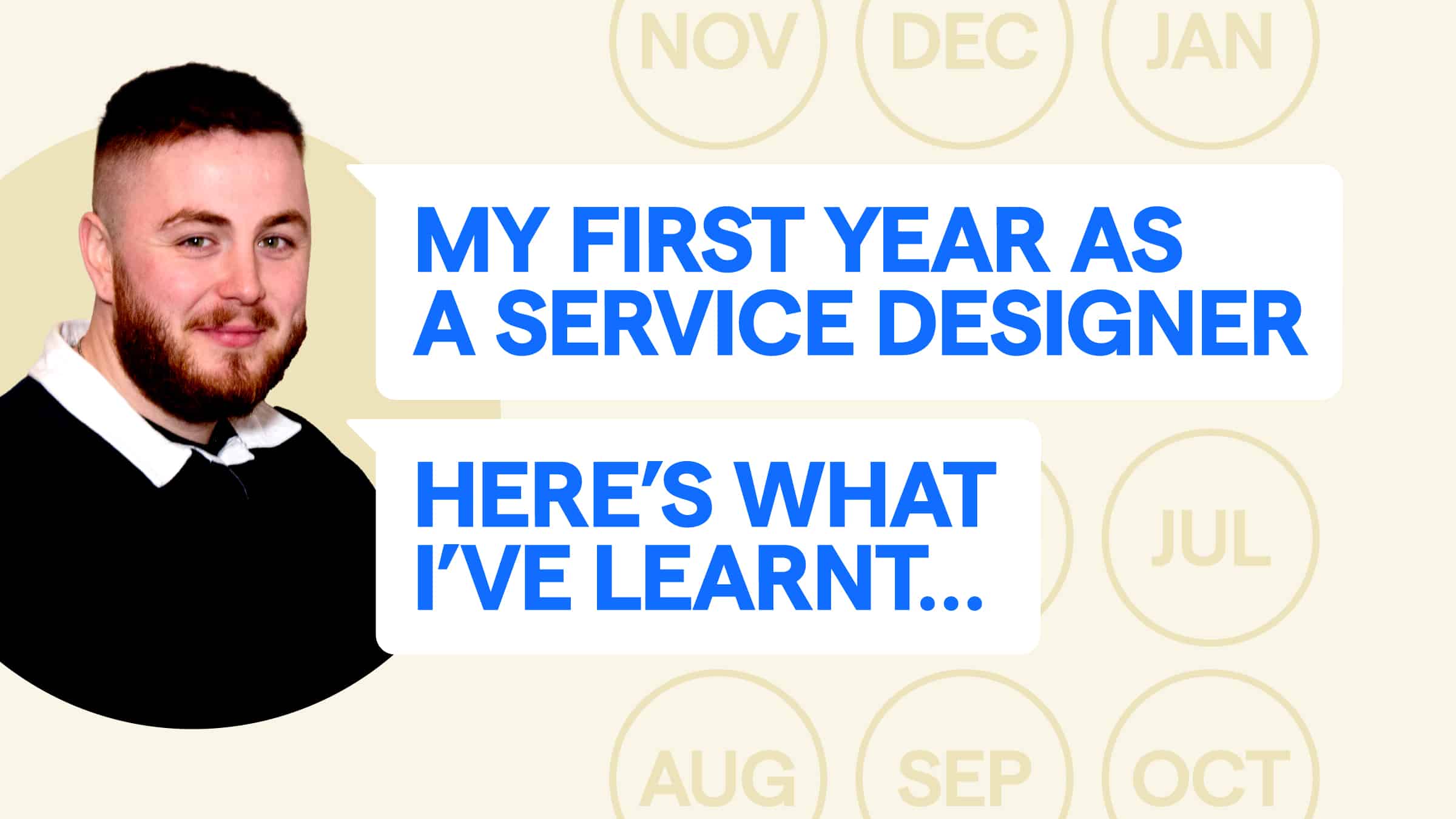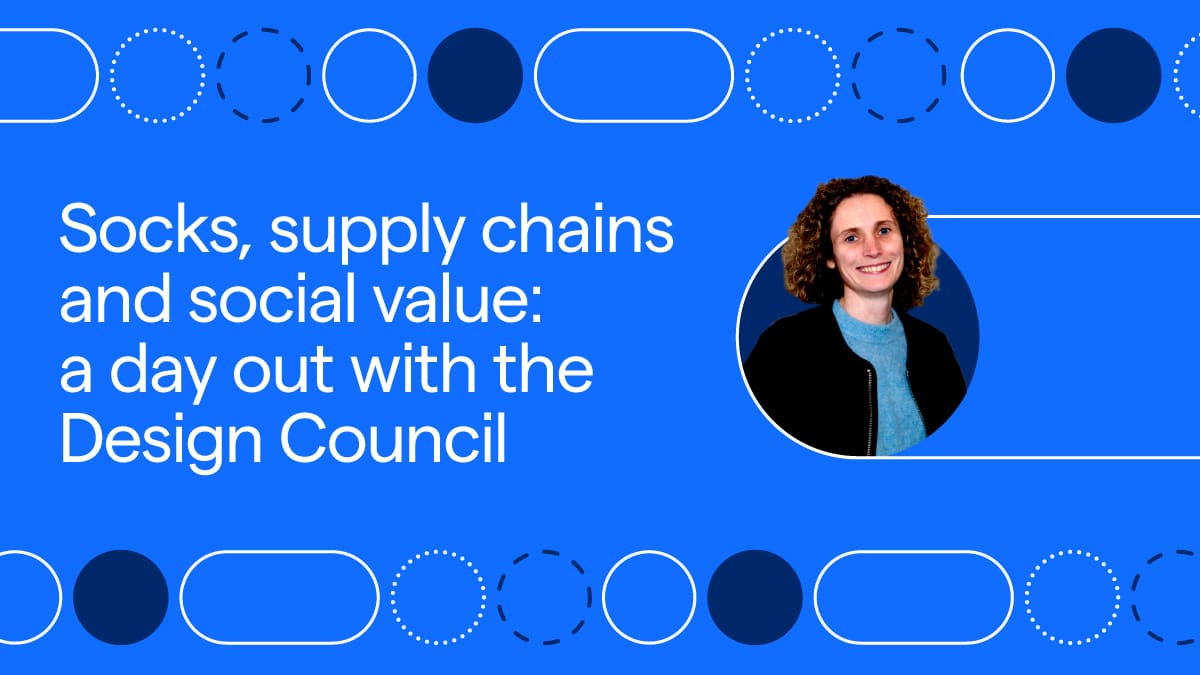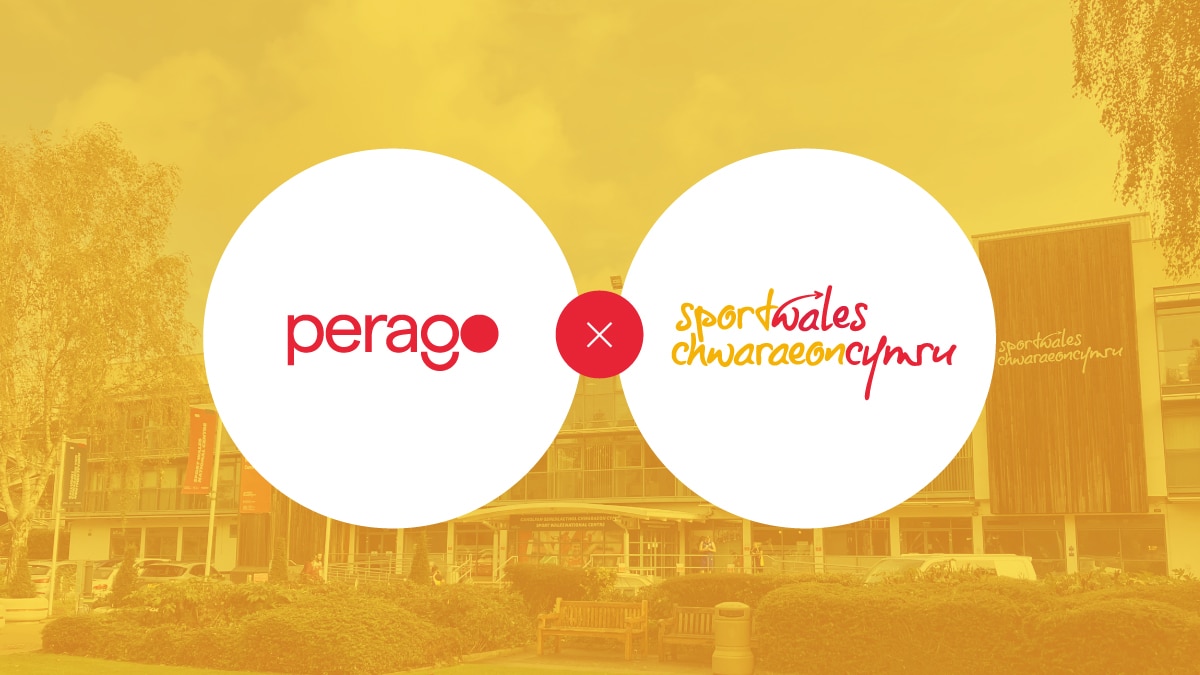A strategic approach to ‘digital’
4 min read Written by: Victoria Ford
‘A strategic approach to digital is not:
- A single document
- A strategy for the IT department
- Focused exclusively on internal practices and infrastructure.’
This is the view of the Auditor General for Wales in Audit Wales’ recent report on digital in local authorities in Wales.
Beyond a strategy document
Too often, organisations are measured by the existence of a single strategy document, created in isolation, signed off by senior leadership and put on a shelf as ‘done’. The more we work with public sector organisations, the more we are seeing the shift from the idea of digital as a stand-alone ‘thing’ owned by IT to recognition of its purpose as an enabler for whole organisation change. And never before has the need for transformative change across the public sector been so apparent. From the strategic sustainable development principles and the Well-being of Future Generations to the immediate need to deliver better services in a more cost-effective way. The transformation environment for local authorities in Wales is complex and challenging. It means a very different way of working that many local authorities are simply not set up for.
Should we be talking about digital, though?
Using the word digital causes issues in itself. At Perago we’ve moved away from using the term, in fact if you take a look at our homepage, the word digital only appears once, and quite a way down the page. That’s a deliberate move for us. We describe ourselves as transformation and change delivery partners who can help you deliver services that work for you and your users. Our focus is looking beyond organisational boundaries and engaging users to properly understand their needs before redesigning services and investing in digital solutions. Digital can support transformative change, it can’t drive it.
An approach to transformation and the need for data
The Audit Wales report talks about the need draw on a wider evidence base. We always start with the current landscape in which an organisation is operating. This means understanding what is spent where, what services you operate, how users are accessing your services, failure demand, people and skills and, as importantly as all of the above, organisational culture.
Only once these are understood can you start planning for the change that will deliver better outcomes, rather than simply fill the pages of a strategy document. Our experience of working in the public sector in Wales suggests this is often a gap that isn’t recognised. Organisations often believe they know their landscape, but often, data is held on a service-by-service basis rather than being analysed and understood at an organisational level. We worked with Neath Port Talbot Council to provide them with a view of their current landscape, drawing on internal data and external evidence to help them shape their strategy and as importantly, create an action plan to help them kick off their transformation.
Without a view of the data underpinning an organisation any transformation will falter and probably fail. From prioritisation and a single view of change to benefits realisation (note the word realisation, this is about actually realising the benefits not just identifying them) if you have data you can make informed decisions that will lead to effective change.
Real citizen involvement
The Audit Wales report highlights the importance of real citizen involvement. Many local authorities have a highly effective approach to consultation and community engagement. One that has been built on years of service implementation and change. But real citizen engagement for transformation needs to focus on understanding user need.
This goes beyond surveys and community events (although they have their place too!). A mix of online and face-to-face user research can help you capture a wide range of user experiences and both qualitative and quantitative information that can inform your strategy to create user-centred products and services. When Rhondda Cynon Taf Borough Council wanted to understand how their website could support service transformation we started with user research, not technical specifications, making sure we could identify how to deliver meaningful service improvements and services that work for the people who use them.
Creating the environment for change to succeed
There is often the assumption in organisations that ‘we’ve done this before’, but the challenges facing local authorities today are on a different scale. Delivering a balanced budget against a challenging public sector financial environment with increased demand for public services will need a different approach. Pace, focus and creating a culture of trust are core to this.
The Audit Wales report talks about building the capacity and capability to deliver the scale of change needed. Along with delivery and digital skills, transformation of this scale needs a different way of working focused on openness, transparency, iteration and learning. Couple this with a communications approach that supports delivery of the outcomes of change and local authorities will need to think about how they resource change in a way that creates the highest chance for success. For many this will mean working in partnership with suppliers and other public sector organisations, as well as bringing in support to upskill their teams and create capacity. You can read a bit more here about how we are providing this support to Caerphilly County Borough Council. Investing to save will be a core part of any successful local authority transformation.
Sharing learning
The opportunity is there for working across local authority boundaries, sharing learning and creating common design patterns. This not only supports pace and efficiency, but can provide users with a common, simplified service delivery approach. That focus is all too often overlooked. We’re committed to sharing our learning and experience openly through our blog and in conversation.
The opportunity is there for public services in Wales, we need to take it, collectively.




